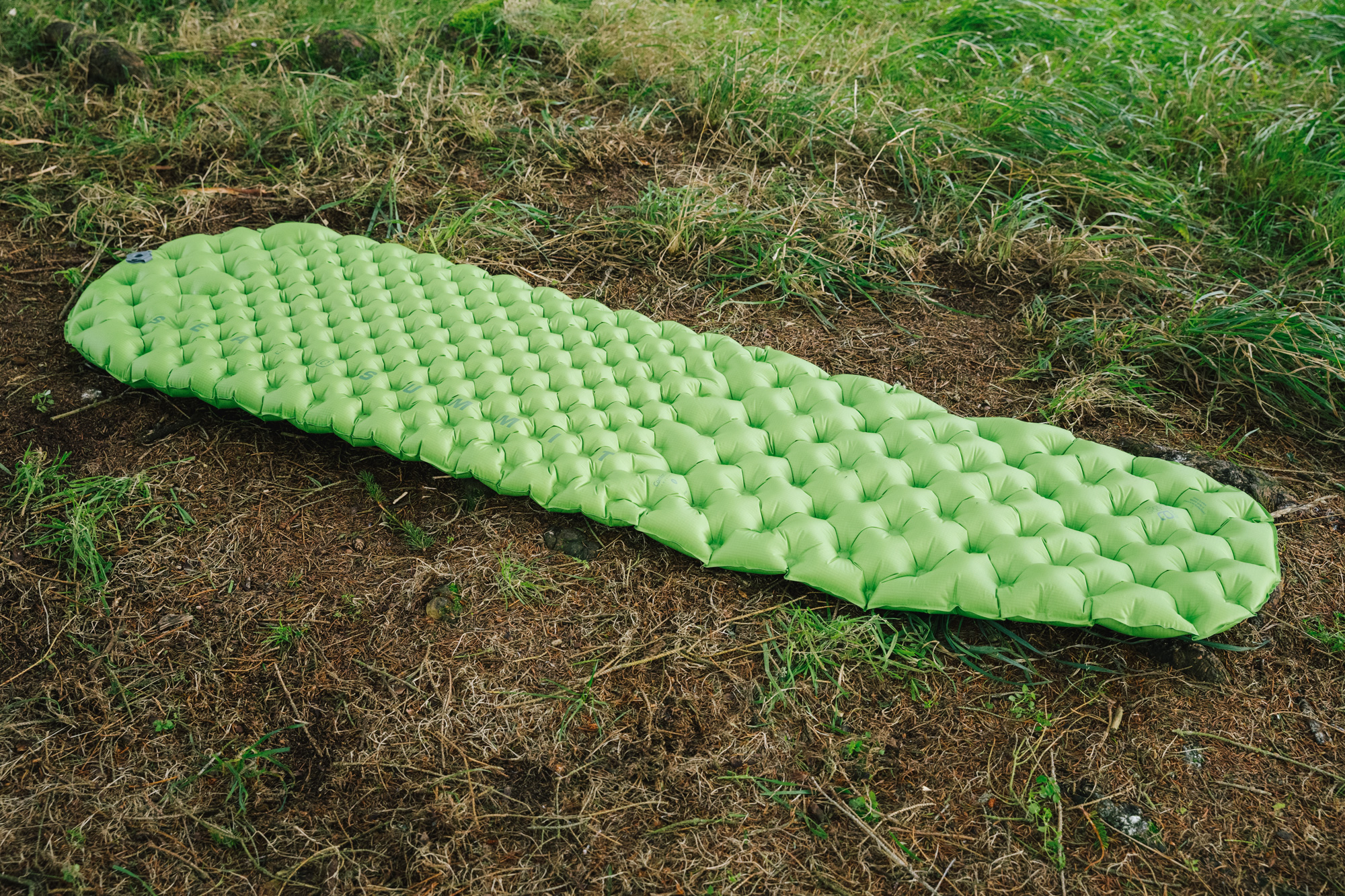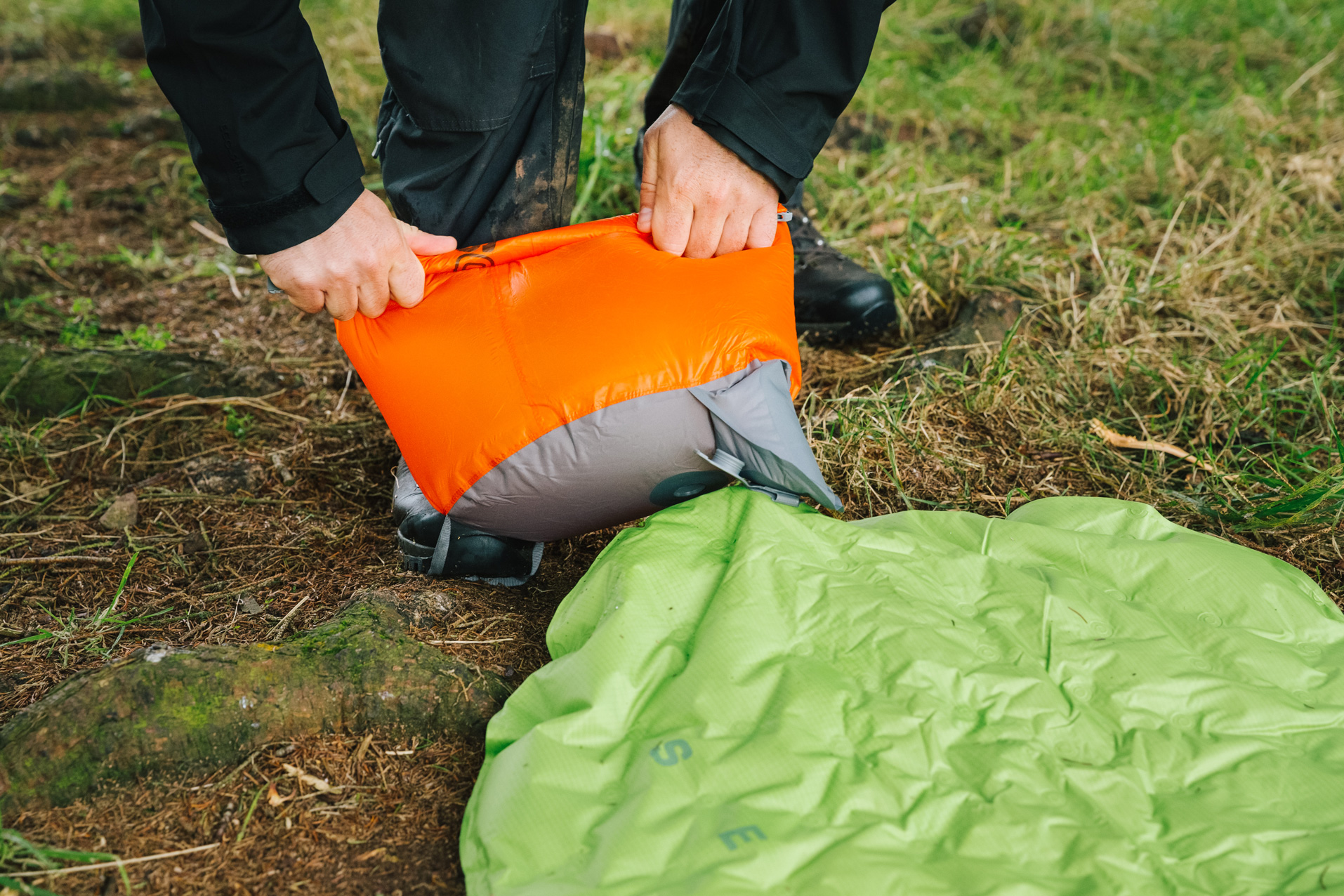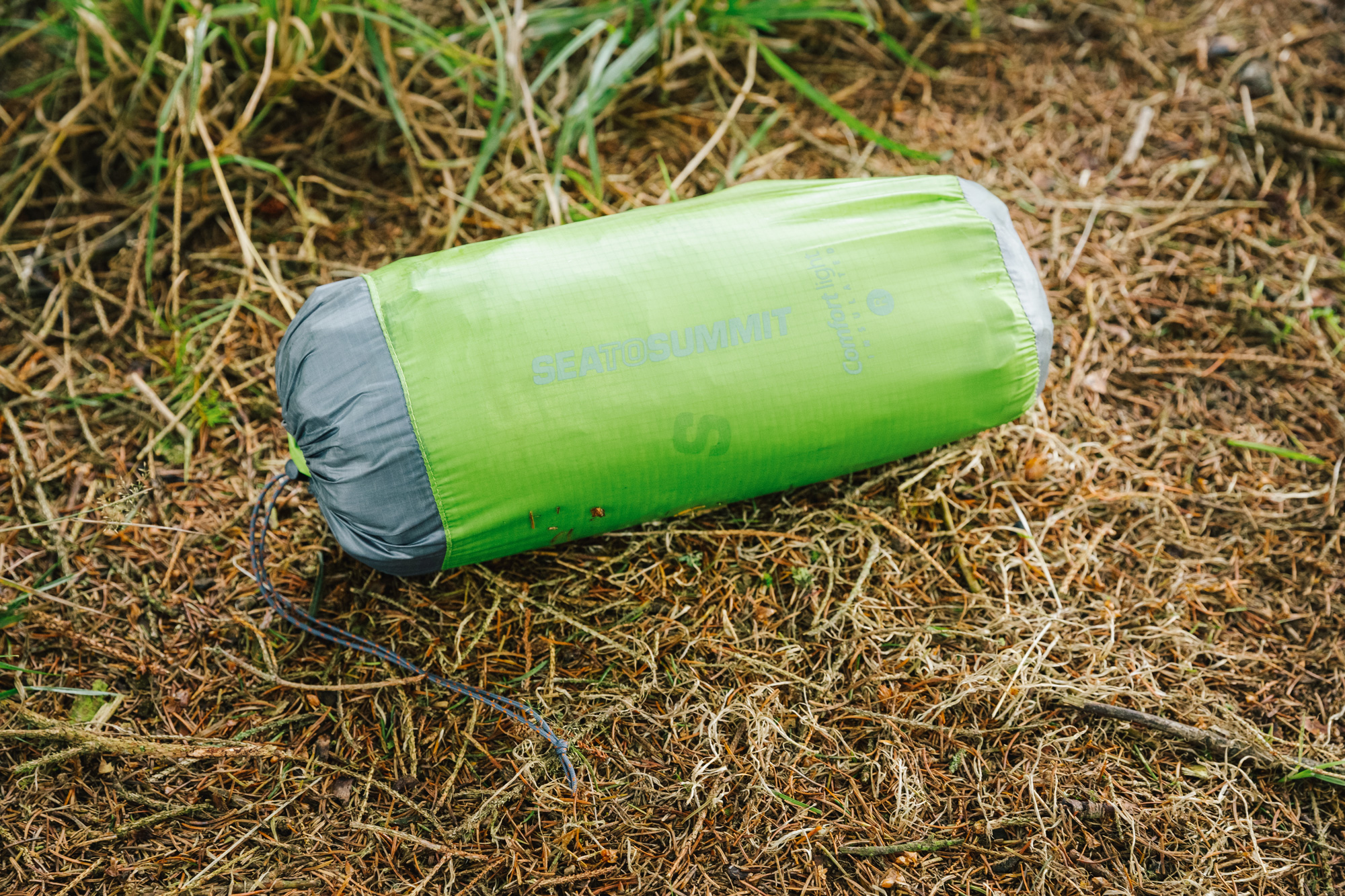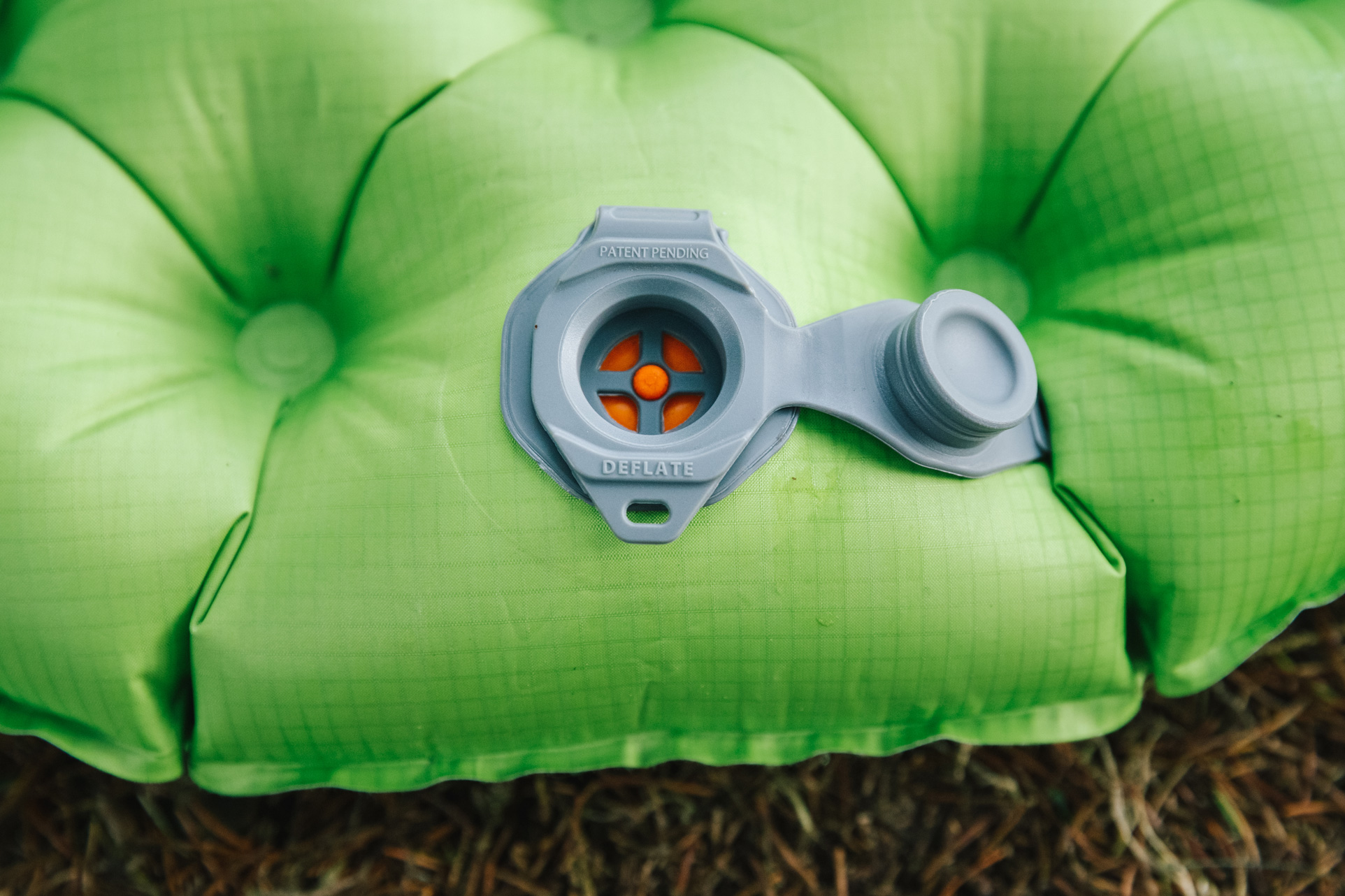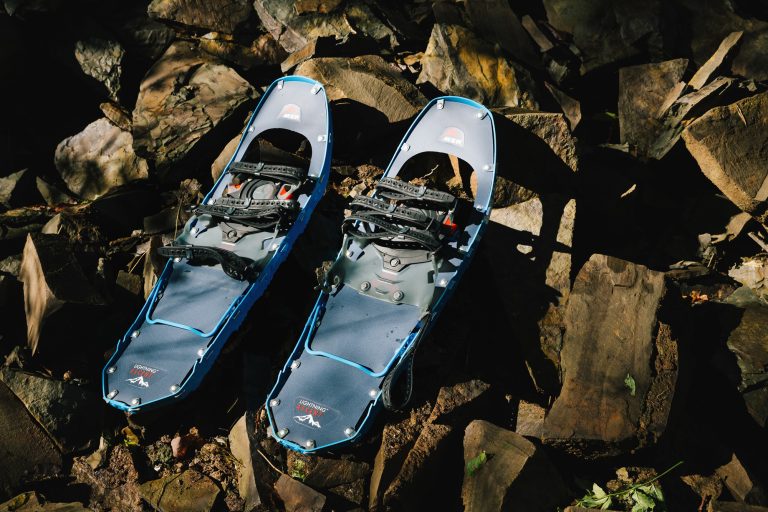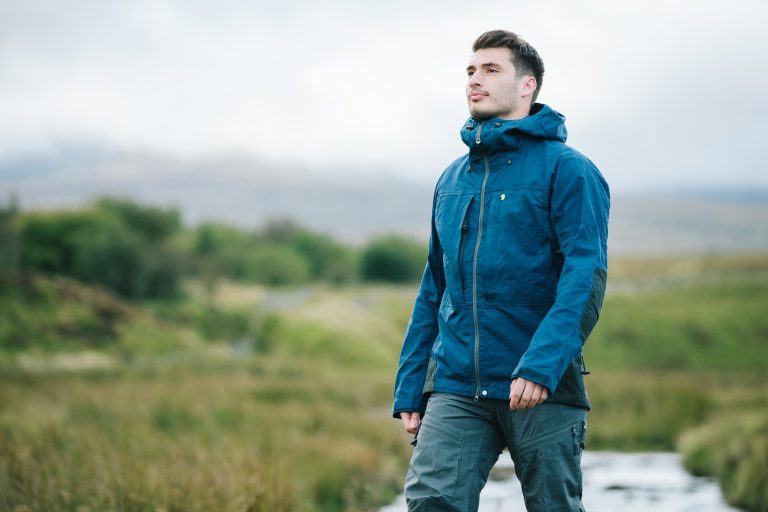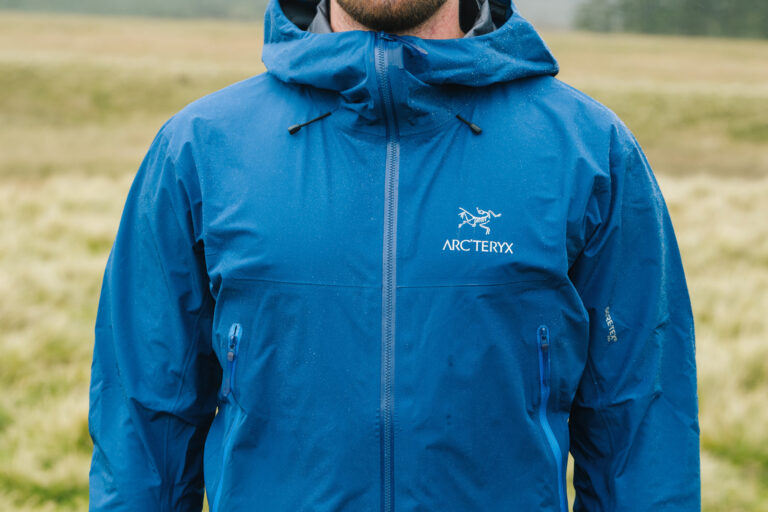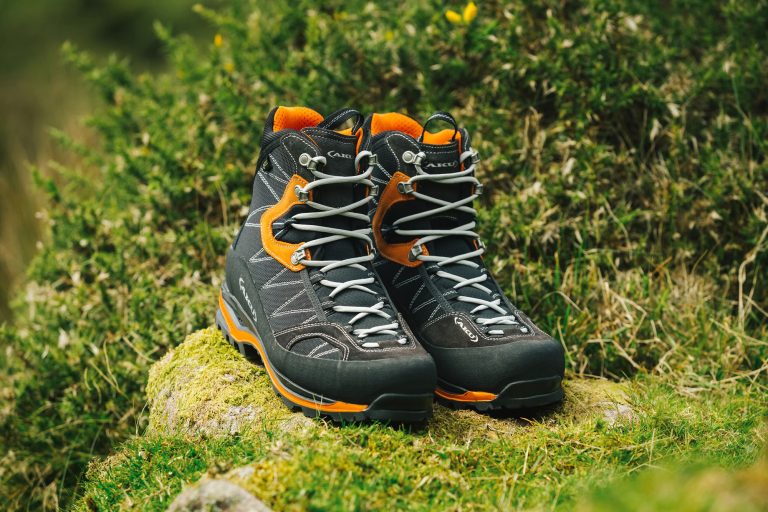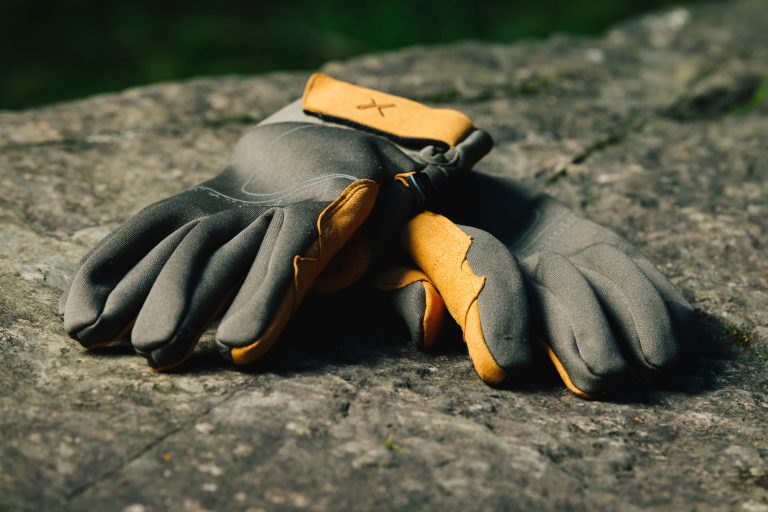There’s nothing quite like the feeling of righteous tiredness you get at the end of a day’s adventure. Hiking, climbing or trail running all day makes your lie down at the end of it all feel that much more rewarding. Well, that is if you’ve got the right gear. If you stumble back to your tent only to unroll the same sleeping mat you’ve been “making the most of” for the past seven years, your sleep might not be all that comfortable after all.
That’s where Sea to Summit come in. They produce some of the best sleeping mats on the market. If you’re heading back to kip on the Comfort Light Insulated mat at the end of the day, you better rely on more than just the birdsong to wake you up the next morning.
“We tested this on a week long trek through Swedish Lapland where the temperature hovered around zero degrees celsius at night.”
The first thing you’ll notice about this is the strange looking air cells, which have replaced the lilo-like tubes you’d find on a conventional inflatable sleeping mat. That’s what’s known as Hybrid Layer Air Sprung Cell technology. The idea is that lots of little pockets of air are more stable than a few big ones, offering you greater support and comfort than “large, squishy tubes.”
The mat is warm enough to be used in cold weather, and is ideal for trekking in the colder months of the year or even for ski touring trips. The Exkin Platinum fabric reflects radiant heat back to the camper, while Thermolite insulation prevents heat loss between the user and the ground.
We tested this on a week long trek through Swedish Lapland where the temperature hovered around zero degrees celsius at night. We found it perfectly comfortable to sleep on – both in terms of how warm it kept us and how it felt. In fact, after a while we stopped worrying about pitching our tent over smaller rocks because we knew we just wouldn’t feel them through the mat.

